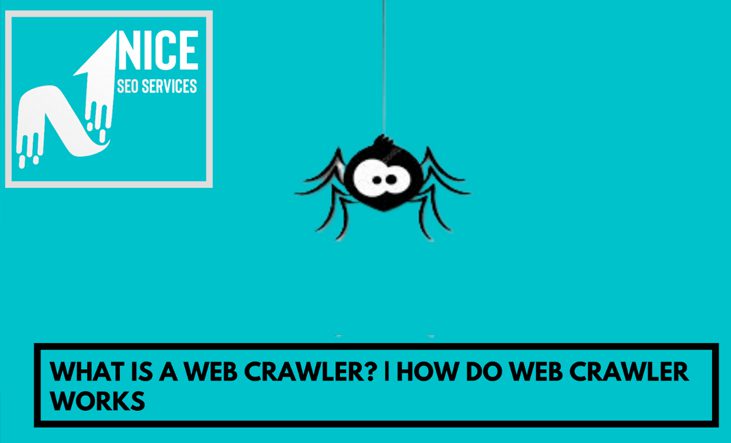A web crawler is also known as a Google crawler, spider web, , Google bot, etc. The crawler’s work is to visit a particular website, collect the important data from the webpages, and index (record) them. These bots are controlled by search engines. Search engines can give appropriate links in response to user search queries by applying a search algorithm to the data collected by crawlers, thus creating the list of webpages that appear after a user performs a search on Google, Bing, or another search engine.
Crawler is like arranging books in a library and keeping them according to the card catalogue so that students can easily find them when they need them. To better categorize and arrange the library’s books by topic, the organizer will read the headline, synopsis, and also some of the internal content of each book to find out what it’s for.
However, unlike a library, the Internet is not made up of actual shelves of books, making it difficult to determine if all relevant content has been correctly catalogued or if large amounts of it are being neglected. A web crawler bot will begin with a known set of web pages and then trace hyperlinks from those sites to other pages, and so on.
What is Indexing?
Crawler finds the information from the web pages and indexes it, so indexing means, in simple terms, let’s go back to the old days when you recorded every chapter name, page number, sr.no, etc. on the first page of the notebook. With the help of page numbers, you can easily locate the topics.
Indexing is primarily concerned with the text that appears on the page, as well as the metadata (*) about the page that consumers do not see. When most search engines index a website, they include all of the words on the page—with the exception of terms like “a,” “an,” and “the” in Google’s instance. When users search for certain terms, the search engine searches its database of all the pages that include those words and chooses the most relevant ones.
Metadata is data that tells search engines what a webpage is about in the context of search indexing. Instead of visible information from the webpage, the meta title and meta description are frequently what appears on search engine results pages.
How do web crawler work?
Web crawlers search the internet for content and index it so that it can be retrieved by a search engine when needed. Most search engines run numerous crawling programmers on various servers at the same time. The crawling process could go on indefinitely due to the vast number of web pages on the internet, which is why web crawlers adhere to certain policies to be more selective about the pages they crawl.
Let’s understand with an example:
- Example of how do crawlers work
- So let’s understand example with the help of three boxes.
- These boxes indicate the data.
- The first box is for digital marketing data.
- Data from sports The second box
- The third box indicates the insurance data.
The crawlers search for all information and record it into different boxes (using box words is just an example). When users query a keyword like “best digital marketing courses”, the job of the crawler is to give the best results that have been recorded in the past. The crawler knows everything and indexes it so the content is effective.
Note: if you use forbidden techniques like black Hats, Google’s crawlers are pretty smart. They will catch you and block your website.
If your blog indicates health insurance-related but you used keywords like “best SEO course available in your nearby location,” the user will not be satisfied with the information because he/she wants information about insurance, not SEO. Hence, Google will block your website.
If users query “Want health insurance” In the third box all best results are incorporated by crawling in the past, which shows to the user.
Conclusion
A web crawler is a platform for Search engines such as Google Yahoo Bing and others to ensure the databases are up to the mark. Web crawlers are the integral and central part of search engines. These crawlers also consist of algorithms through which the search results change frequently with the best of standards





